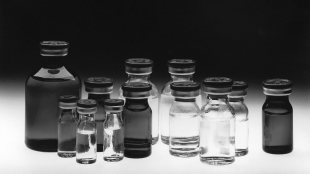 WIKIMEDIA, BILL BRANSONStemCells, Inc., a California company developing cell therapies for a range of conditions, is being sued by a whistleblower who claims that the company did not follow proper protocol in preparing treatments. Rob Williams, who was once a senior manager at the firm, alleges that the company fired him after he brought the problems to light.
WIKIMEDIA, BILL BRANSONStemCells, Inc., a California company developing cell therapies for a range of conditions, is being sued by a whistleblower who claims that the company did not follow proper protocol in preparing treatments. Rob Williams, who was once a senior manager at the firm, alleges that the company fired him after he brought the problems to light.
Courthouse News Service quoted the lawsuit as saying that Williams “noted poor sterile technique, failure to adhere to current Good Manufacturing Practices in the company’s manufacturing process, and substantial deficiencies in the company’s Manual Aseptic Processing of HuCNS-SC (Human Central Nervous System Stem Cells) cell lines—failure and deficiencies that put patients at risk of infection or death during ongoing clinical trials.”
Ken Stratton, the general counsel for StemCells, Inc., told the California Stem Cell Report in an e-mail that Williams’s employment “was terminated for performance deficiencies, and [the company] finds no merit to the allegations.” He added that “the elements of manufacturing practices that concerned Mr. Williams were immediately and carefully reviewed by the company.”
The lawsuit falls on the heels of another bit of ...














